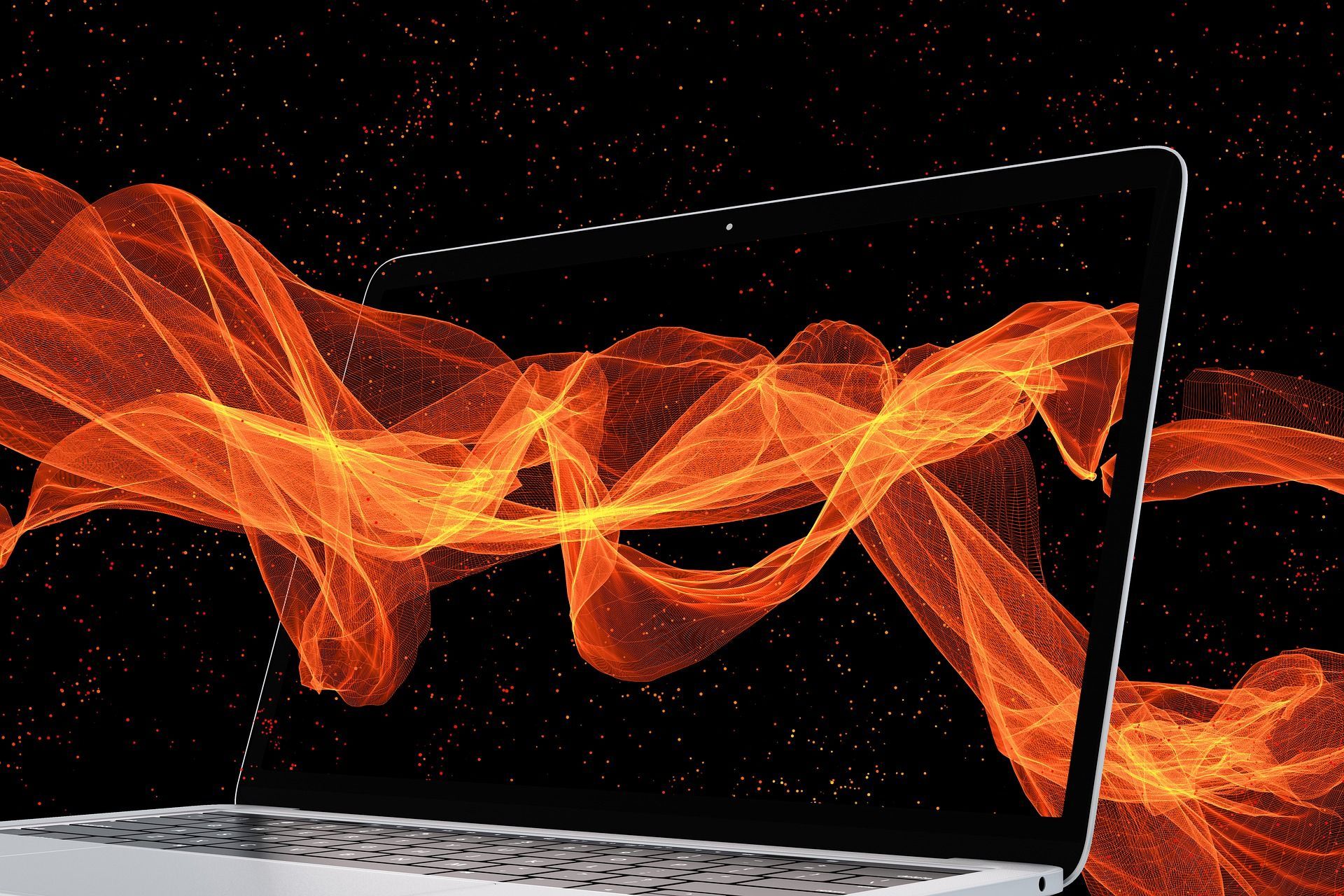
🖥 Quantum computers reach an important milestone
Better error correction in silicon-based quantum processors can give us significantly more useful quantum computers.
Share this story!
Quantum computers can give us completely new opportunities to perform calculations that today's computers cannot perform within a reasonable time. However, there are many unresolved issues that are holding quantum computers back from becoming part of everyday life. At least one of these problems now seems to be solved.
The problem in question is about error correction. All computers make mistakes sometimes. It is possible to fix with error correction, but if there are too many errors, the error correction becomes complicated and time-consuming.
"In general, you need an error rate of less than one percent for the error correction to work in quantum computers", says Andrea Morello, professor at UNSW Sydney, in a press release.
Andrea Morello and his research team have now managed to get down to an error rate of less than one percent. This makes it possible to obtain effective error correction. The method works in silicon circuits, which is a great advantage as we already have a large existing industry for the production of silicon circuits.
"Our method is based on using phosphorus atoms that we insert into silicon circuits. We can use the same method used to produce all silicon circuits today. This means that our breakthrough is based on a method that is compatible with today's manufacturing methods", says Andrea Morello.
Andrea Morello and his research team have previously managed to build quantum computers that could store quantum data in a silicon circuit for up to 35 seconds, which is almost an eternity in the quantum world. Unfortunately, that method was not practically useful because it did not perform any actual calculations. Now that researchers have also read the problem of error correction, David Jamieson hopes to start building much more useful quantum computers.
"Now that we have reached this milestone, we can start designing silicon-based quantum processors that are scalable and reliable enough to be able to perform useful calculations", says Andrea Morello.
By becoming a premium supporter, you help in the creation and sharing of fact-based optimistic news all over the world.


